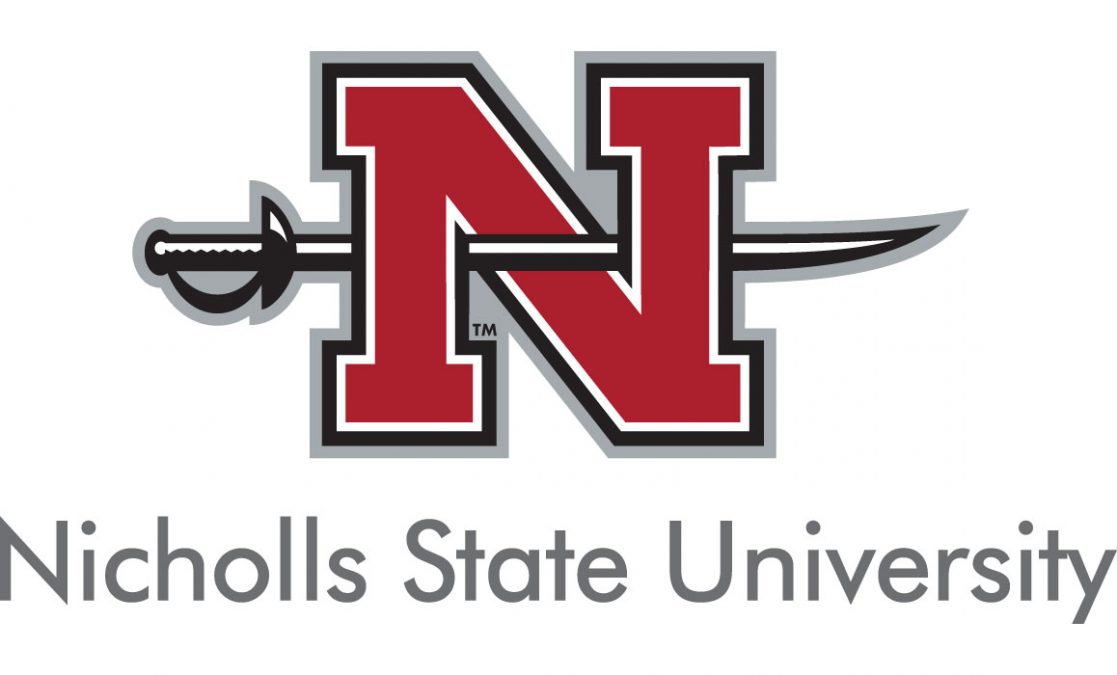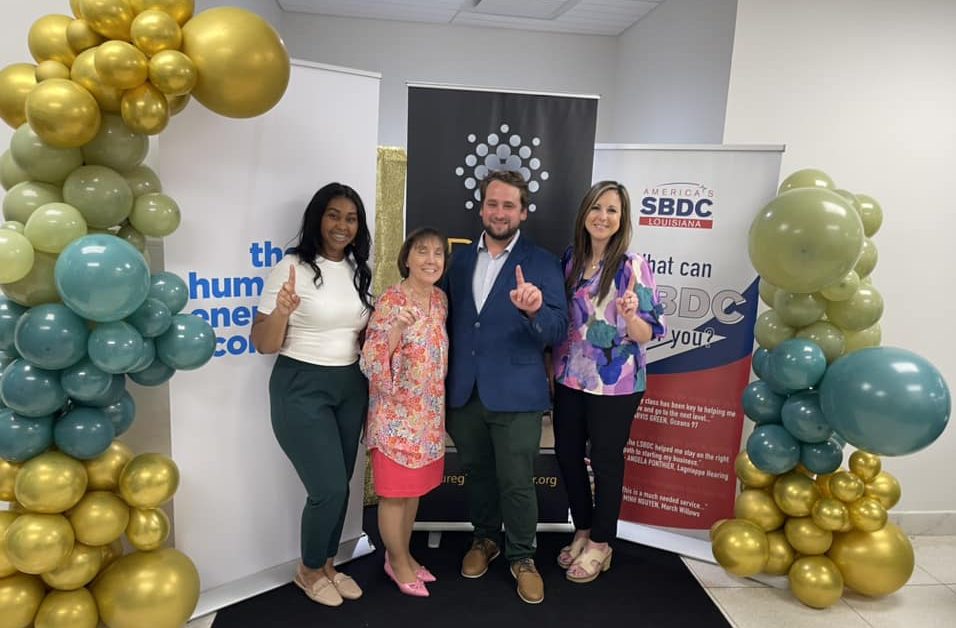
From the Top | Sondra Corbitt
June 1, 2022
Welcome to Holland
June 1, 2022By Ken Chadwick and Luke Cashen
Higher education is often criticized for not evolving to address changes in business environments. As a result, business schools are sometimes accused of producing graduates who lack the necessary skills to meet specific workforce needs. The result is a reduction in value creation for both industry and students.
One means of overcoming these deficiencies is through partnerships between academia and industry. In a time of decreased funding and increased competition, partnerships are an increasingly critical part of higher education’s role in enhancing its economic and societal impact. An example of such an industry-academic partnership is the Maritime Management Concentration in the College of Business Administration at Nicholls State University. The program is the result of a cooperative endeavor to develop a program to meet industry-specific needs. These win-win relationships enhance value for graduates, employers, and the College. Graduates are exposed to knowledge most relevant to the industry, which ultimately positions them to exploit opportunities that might not otherwise exist. Additionally, their knowledge often allows them to command higher compensation. Employers “win” as graduates are better able to meet specific workforce needs which enhances productivity and reduces training costs. The College of Business Administration “wins” as this niche program differentiates us from other business schools in the state. In addition, we’ve established extraordinary relationships with industry. This has allowed the College to enhance our students’ learning environment in ways that would not otherwise be possible.
The development of this Maritime Management Concentration serves as a model for establishing successful industry-academic partnerships to meet the needs of external stakeholders. These partnerships create significant value, especially when the relationship has the following characteristics.
Driven by the strategic planning process of the college or university. Since these initiatives require significant capital, dedication by faculty, and the commitments of external stakeholders, the academic institution must firmly establish their legitimacy. A partnership driven by the strategic planning process ensures greater expectations of commitment by all and fewer obstacles to resource procurement. Additionally, SUCH initiatives tend to better meet the needs of local and regional economies.
Not solely dependent on the academic institution for ideas and/or human capital. Clearly identifying needs allows for planning on how to secure necessary resources. As a result, partners can openly identify their planned contributions and subsequent action plans, which decreases the implementation time of the partnership.
Built on joint commitment and involvement. Successful relationships are built on establishing a “we” mindset. Communicating the benefits for all partners (i.e., establishing the win-win relationship), along with clear deliverables, translates into commitment. Deliverables (e.g., number of graduates or skills taught) result in a clear delivery agenda and more time to execute the plan.
Established a leadership structure and a champion for the partnership. An effective leader, assists in legitimizing the relationship by giving it a “face”. A primary role is to maintain momentum throughout the formulation, implementation, and maintenance stages of the collaborative effort. Additionally, the champion will assist with overcoming potential inflexibilities between partners as they relate to different mindsets, communication styles, and expectations.
Designed with contingencies built into the relationship. Participants must identify the greatest potential ‘shocks’ to the relationship and develop contingencies on how to manage them. For example, one potential weakness of the maritime concentration is the possible turnover of the highly-specialized talent from industry tasked to teach the courses. As such, the Maritime Management program director consistently establishes relationships with industry professionals who are qualified to step into instructor roles. Establishing industry-based “bench-depth” of talent is crucial to the survival of the program.
The College of Business Administration is extremely is proud of the win-win relationships developed through the collaborative efforts of industry and higher education. The pursuit of mutually beneficial objectives has allowed the Maritime Management Concentration to consistently produce graduates prepared to meet the needs of maritime and maritime related firms. A true testament to the success of the Maritime Management program is industry’s eagerness to hire/ retain our graduates, and our graduates’ accomplishments as they progress through their careers.






